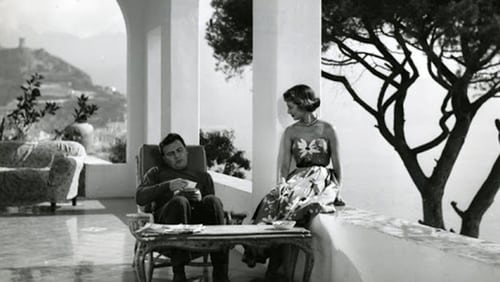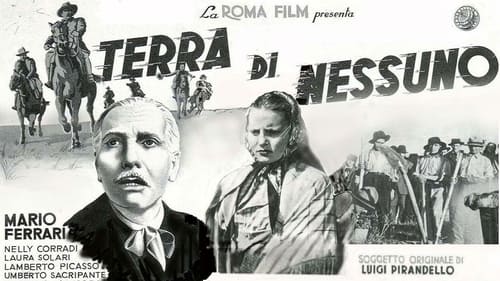
(uncredited)
Italy, 1916. Oreste Jacovacci and Giovanni Busacca are called, as all the Italian youths, to serve the army in the WWI. They both try in every way to avoid serving the army.

motociclista profittatore
Esterina, a young war orphan, joins two truck drivers, Gino and Piero, on their trips along Northern Italy. She wants to find her luck in the big city, but her dreams turn into disappointing experiences. She falls in love with Gino but he is not interested in her, until she disappears...

Christian Ségret
Liana, an architecture graduate, is about to get married until she is confronted with the fact she is sacrificing the rest of her life for a man she barely knows. So begins a series of romantic encounters in which Liana tries to find her freedom and happiness, but which will ultimately lead her to a tragic fate.

Anastasio
Papal aspirant "Cardinal Lamberti" has to tread a fine line between the powerful Duke of Montimar and doing the right thing by a young couple in love in late 1730s Bologna.

A Sicilian professor who moves to Rome gets lost in the maze of Roman ministries and gives in to corruption.

A number of different segments taken from 19th century Italian stories.

Gina is the daughter of a provincial newsstand dealer and spends her time reading pulp magazines and dreaming of a glamorous vocation on the big city. She enters a beauty contest in a nearby city, without her father's permission, and, en route, meets Franco, a salesman.

De Mori

Agitator
A disguised thief talks himself into a countryside class fight immediately after WWII.

Ispettore Mills

Il maniscalco

L'avvocato Scoppola (as Mario Ciotola)
Italian film from 1937 directed by Gennaro Righelli.

Un operaio sull'autobus
A famous composer, distraught after his lover leaves him, contemplates suicide. He meets a young woman who restores his will to live.

Mucrone
Depictions of the Emperor Nero and the Great Fire of Rome (64). Anachronisms are used for comedy, such as Nero telephoning the fire brigade.






